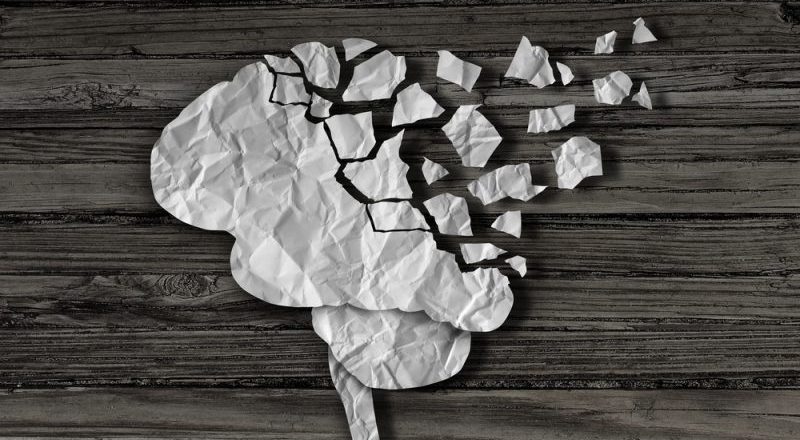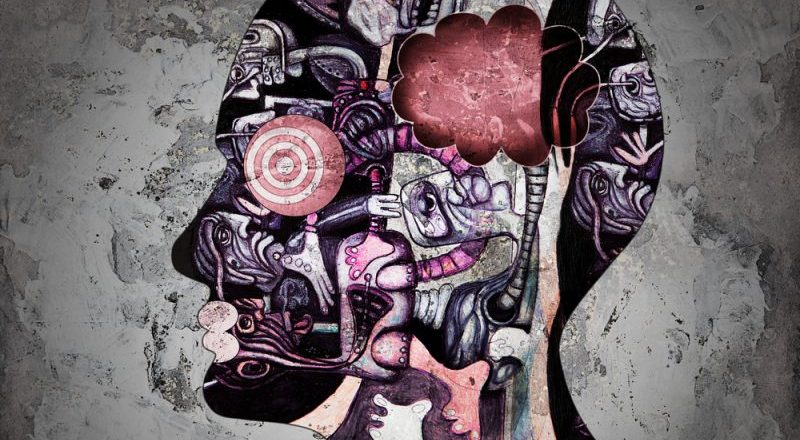Newsletter Signup - Under Article / In Page
"*" indicates required fields
Biotech is one of the main forces driving the development of effective therapies to treat neurological and mental disorders. For World Mental Health Day yesterday, we want to share with you some of the latest technologies that address these conditions.
Yesterday, October 10th, was World Mental Health Day: it is dedicated to raising awareness of neurological and mental disorders that affect 25% of the world’s population as one of the main causes of lifelong disability. Biotech is committed to finding new, effective technology to treat all these conditions.
Although unfortunately we can’t cover it all, we’ve collected a few of the most promising strategies that have emerged this year:
Epilepsy
Epilepsy is the most common brain disorder, affecting 50 million people worldwide. Although most patients can live a normal life using antiepileptic drugs, 30% do not respond to conventional treatments.
However, GW Pharmaceuticals has come to the rescue of children with drug-resistant epilepsy. The company just reported successful results from a Phase III trial for the cannabinoid drug Epidiolex. If everything goes well, it will get FDA approval in 2017.

Neurodegenerative diseases
Worldwide, 47 million people suffer dementia, up to 70% in the form of Alzheimer’s, while Parkinson’s affects 6.3 million people. Current treatments deal with symptoms but cannot stop the progression of the disease. We interviewed the CSO of the Dementia Discovery Fund earlier this year, who’s optimistic that the science and technology can address these conditions, they just need a little push.
TauRX recently announced positive results from Phase III trials of its lead candidate, LMTX, positioning it as one of the most advanced Alzheimer’s treatments. The therapy aims to dissolve the protein aggregates responsible for the disease progression at the molecular level.
Other companies are focusing on vaccines: Axon Neuroscience just started Phase II clinical trials for the first-ever Alzheimer’s vaccine, aimed at directing the immune system against Tau proteins. AFFiRiS currently has a Parkinson’s vaccine candidate in Phase I and recently raised a total of €130M to move forward its development.
Rodin Therapeutics is targeting epigenetic switches involved in the progression of neurodegenerative disorders. Meanwhile, F-Star is working on the development of bispecific antibodies that can cross the blood-brain barrier and deliver drugs more effectively. Finally, we have BrainVectis, which aims to be the first to use gene therapy in neurodegenerative diseases. Its strategy targets the restoration of normal cholesterol metabolism in the brain.

Schizophrenia
There are no methods to prevent this condition, which affects 24 million people. Current therapies can relieve the symptoms in around 50% of patients, but the rest have to deal with the disorder for life.
However, we have good news for the second half: just last week, Newron raised €24M to move forward with its clinical trials, which include a Phase IIa study that will be completed by the end of the year. Its drug candidate, evenamide, can block sodium channels and is intended to decrease suicidal tendencies in schizophrenia patients. The company is also working on sarizotan, a new drug to target Rett Syndrome, a rare neurological disorder.

Depression
Depression affects the alarmingly high cipher of 121 million people globally. Clinical trials for depression often fail in Phase II and III due to high placebo responses. The main challenge seems to be the proper understanding of its molecular basis, so it’s Academia’s time to shine.
Researchers at King’s College London have developed a blood test to personalize depression treatment. This could save patients from the current time-consuming trial and error process.
When it comes to treatments, genetic studies tackling depression are struggling with finding a single target. But researchers are exploring alternatives: a study from the University of Exeter is using online therapy to address depression.

Although research still has a long way to go in most of these conditions, one of the major concerns of the World Health Organization (WHO) is the stigma that people with mental disorders face. This year’s campaign is aimed at educating the public about these ‘invisible’ disorders and give guidance on psychological first aid for those suffering from a neurological condition. So, while biotech works in new treatments, each of us can do something to help those in need.
Featured figure: Phonlamai Photo/shutterstock
Figure 1: Xpixel/shutterstock.com
Figure 2 and 4: Lightspring/shutterstock.com
Figure 3: Patrice6000/shutterstock.com






